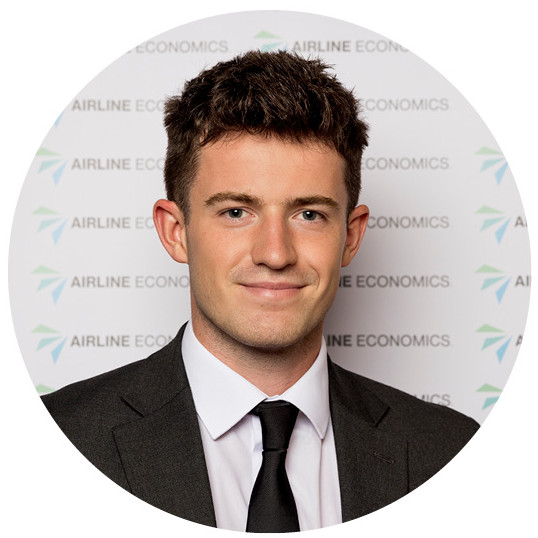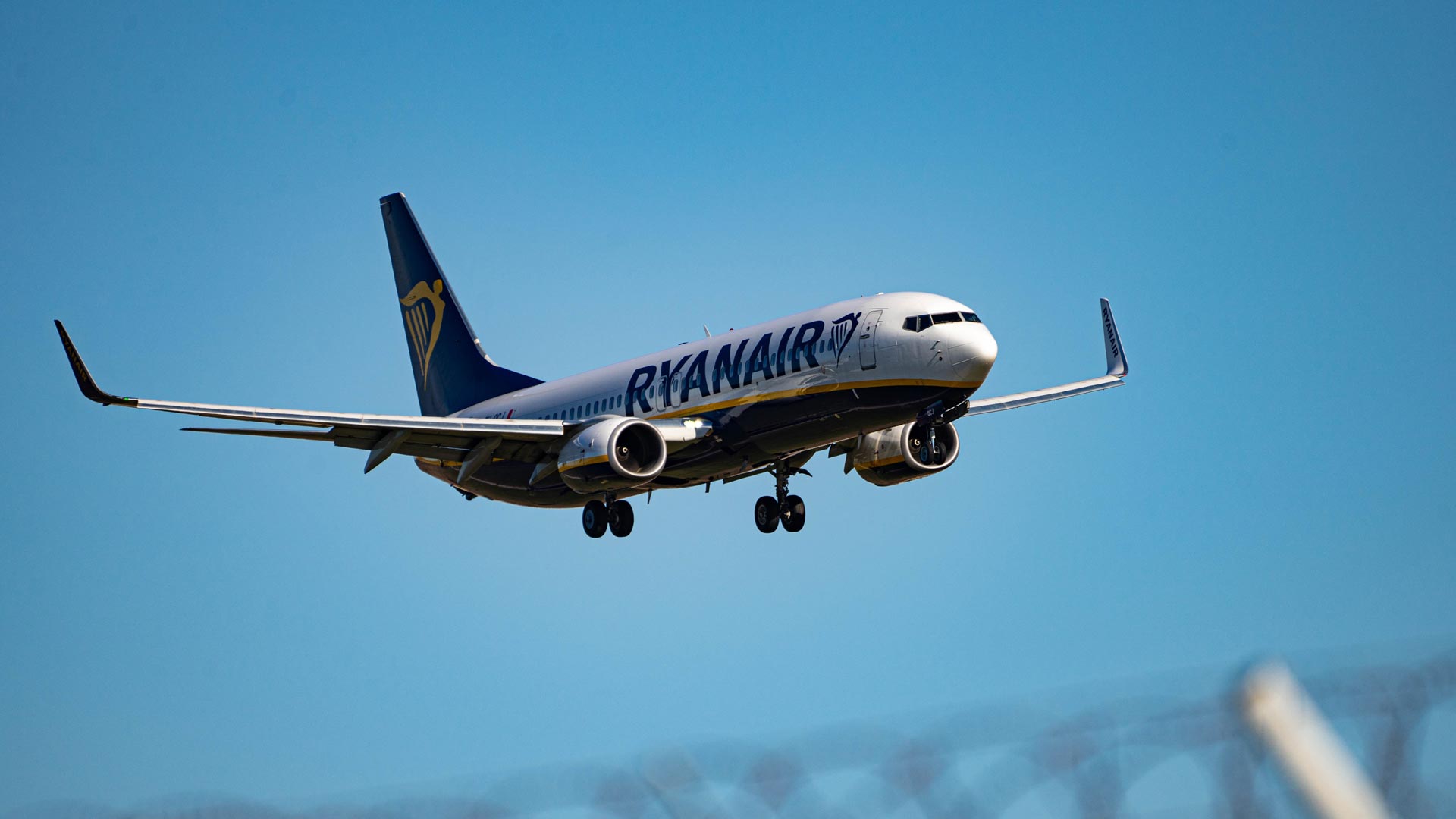Ryanair revised its traffic target for the next fiscal year to 206 million, down from 210 million as a result of ongoing delivery delays from Boeing. Ryanair Group CEO, Michael O’Leary said in its fiscal third quarter results that the reduction was “disappointing”. However, traffic figures in the quarter grew 9% to 45 million passengers.
The airline said that it does not expect Boeing to deliver sufficient aircraft ahead of the summer period of this year, in order to facilitate traffic growth during the airlines next fiscal year.
“We’re hopeful that the remaining 29 737-8200 in our 210 orderbook will deliver before March 2026, enabling us to recover this delayed traffic growth in the summer season of 2026 instead of summer 2025," said O'Leary. “Boeing expects the MAX-10 to be certified in late 2025 which, we hope, will facilitate a timely delivery of our first 15 MAX-10s in Spring 2027.” He also stated that he expects the airline to be able to fund its 737 MAX 10 aircraft internally, through generated cash flow.
In addition, Reuters reported that O'Leary said he expects Boeing to reach its 737 MAX output of 38 per month by summer and possibly to 42 by October.
In early 2024, the Federal Aviation Administration (FAA) set a monthly production cap of 38 on the 737 MAX jets after a door plug missing four key bolts flew off a new Alaska Airlines 737 MAX 9, shortly after it departed Portland.
O'Leary maintained that the carrier is “on track” to reach capacity levels of 300 million passengers per year by March 2034. Ryanair said it will work with Boeing to help “accelerate deliveries” from the manufacturer's Washington production facility.
Ryanair has reported a third quarter profit after tax of €149 million ($156.8 million), an increase of €134 million ($141 million) in comparison to the same period of the previous fiscal year. Although quarterly profits increased, the airline’s cumulative nine-month profit of €1.94bn ($2bn) was 12% lower compared to the same period last year.
The Dublin-based low-cost carrier's revenues increased by 10% to €2.96bn ($3.1bn). Operating costs rose by 8% to €2.93bn ($3bn) with the airline citing fuel hedge savings having offset higher staff and other costs due to Boeing delivery delays.
As of December 31, 2024, the airline reported a net cash balance of €75 million ($78.9 million) at the end of the quarter. This was achieved despite the airline experiencing significant expenditures, including €1.1bn ($1.15bn) in capex, over €1.1bn ($1.15bn) in share buybacks, and a €200 million ($210.4 million) dividend paid last September.
O'Leary stated that Ryanair is “cautiously guiding” profit after tax for the fiscal year ending March 31, 2025, to be between €1.55 billion ($1.63bn) and €1.61 billion ($1.69bn). O’Leary said that this outlook reflects challenges such as ongoing conflicts in Ukraine and the Middle East, further Boeing delivery delays, and European air traffic control inefficiencies.
During a results presentation on January 27, 2025, O'Leary noted that Ryanair's unit costs will be “broadly flat” for the 2025 fiscal year, emphasising that fuel hedge savings, strong interest income and some “very modest "aircraft delay compensation will offset X fuel cost. Traffic for the full year is expected to reach 200 million, up 9% year-over-year.

